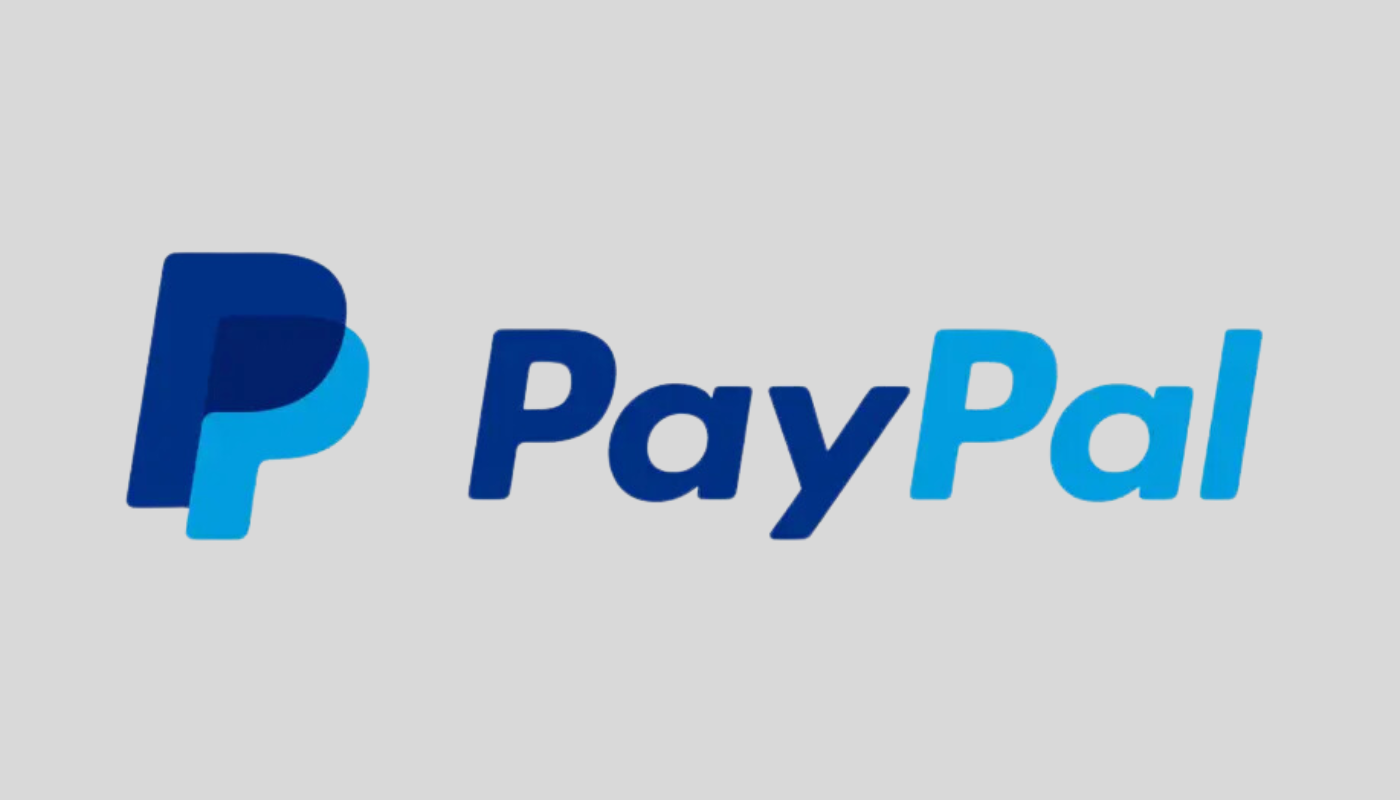LayerZero’s Omnichain Fungible Token (OFT) Standard underpins this transfer capability, offering increased flexibility for PYUSD holders. Jose Fernandez da Ponte, PayPal’s Senior Vice President of Blockchain and Digital Currencies, expressed optimism about the move, stating, “We believe that PYUSD holders will welcome the flexibility and convenience offered by LayerZero.”
https://twitter.com/t4m3laN/status/1856694134909649218
The integration marks another significant step in PayPal’s ongoing expansion of PYUSD’s capabilities, aiming to make its stablecoin a versatile tool in the digital finance ecosystem.
Expanding PYUSD’s Ecosystem Through Partnerships
The rollout of cross-chain functionality is part of PayPal’s broader strategy to boost PYUSD’s usability and adoption. PYUSD reached a peak market capitalization of $1 billion in August, with $660 million circulating on Solana and $340 million on Ethereum. However, according to DeFiLlama, PYUSD’s market cap has since declined to $513 million, with $384 million on Ethereum and $166 million on Solana, reflecting shifts in market demand and usage.
PayPal has been proactive in expanding PYUSD’s reach. Earlier this year, the company collaborated with Anchorage Digital to offer rewards for users who store PYUSD with the crypto custodian. In May, PayPal integrated PYUSD into Solana’s ecosystem, partnering with major crypto platforms like  Crypto.com | Securely Buy, Sell & Trade Bitcoin, Ethereum and 350+ Altcoins , Phantom, and Paxos, enabling users to easily convert between fiat and digital assets. Additionally, through a collaboration with MoonPay, PayPal offered on-ramps to platforms such as Polymarket, providing broader access to cryptocurrency markets.
Crypto.com | Securely Buy, Sell & Trade Bitcoin, Ethereum and 350+ Altcoins , Phantom, and Paxos, enabling users to easily convert between fiat and digital assets. Additionally, through a collaboration with MoonPay, PayPal offered on-ramps to platforms such as Polymarket, providing broader access to cryptocurrency markets.
Despite PYUSD’s expanded functionality, it trails behind market leaders like Tether (USDT) and USD Coin (USDC), which have market caps of $118 billion and $35 billion, respectively. Nonetheless, PayPal’s ongoing initiatives signal a clear commitment to competing in the stablecoin arena.
The Push for Stablecoin Regulation
While PYUSD’s functionality grows, the stablecoin market remains largely unregulated, with a total market cap exceeding $140 billion. U.S. Senators Cynthia Lummis and Kirsten Gillibrand recently proposed legislation aimed at regulating stablecoins. The bill outlines reserve and operational requirements for issuers and mandates that stablecoins be redeemable for USD, clarifying their role as payment assets rather than securities.
https://twitter.com/_cryptoera_/status/1856692905978785854
The proposed regulations would apply to payment stablecoin issuers, who would be required to set up subsidiaries dedicated to stablecoin issuance. Eligible issuers would include non-depository institutions overseen by the Federal Reserve or other state and federal regulatory bodies. Meanwhile, in the UK, stablecoin regulations are expected to be enacted within months, adding another layer of oversight to the sector.
With Singapore already implementing formal regulations for stablecoins, the push for a global regulatory framework is gaining traction. These regulatory steps may provide stability and transparency to the stablecoin market, paving the way for mainstream adoption.
Key Takeaways:
-
Cross-Chain Support: PYUSD can now transfer across Ethereum and Solana networks via LayerZero’s OFT Standard.
-
Market Expansion: PYUSD’s ecosystem grows through partnerships with Anchorage Digital and MoonPay.
-
Regulatory Push: U.S. and global regulators move toward establishing formal stablecoin regulations.
As PayPal continues to expand PYUSD’s functionality and adoption, regulatory clarity may provide the stablecoin market with the stability needed for further growth and integration into the financial system.













